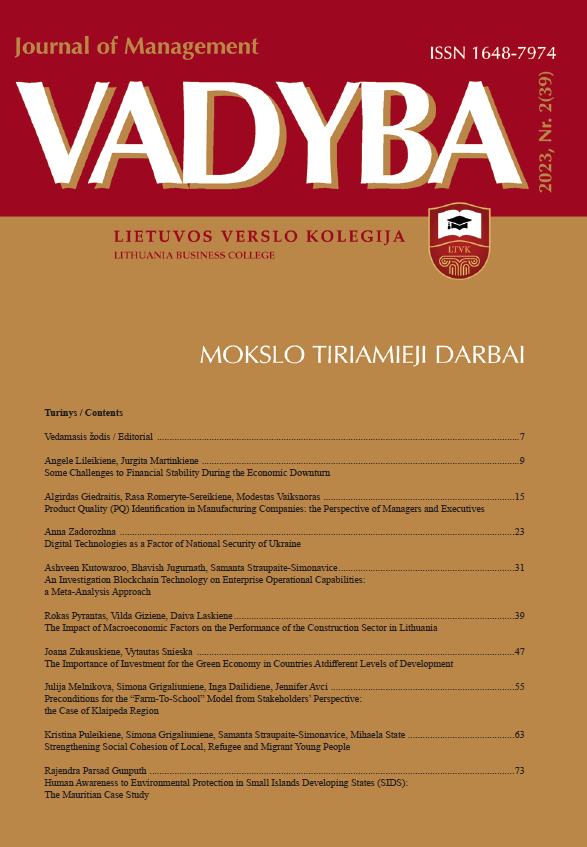STRENGTHENING SOCIAL COHESION OF LOCAL, REFUGEE AND MIGRANT YOUNG PEOPLE
STRENGTHENING SOCIAL COHESION OF LOCAL, REFUGEE AND MIGRANT YOUNG PEOPLE
Author(s): Kristina Puleikienė, Simona Grigaliūnienė, Samanta Štraupaitė, State MihaelaSubject(s): Migration Studies, Social Norms / Social Control
Published by: Lietuvos verslo kolegija
Keywords: Social Cohesion; Integration; Adaptation; Migrant; Refugee; Young People;
Summary/Abstract: Migration has been a part of human experience from the earliest days of civilization. Today cross-border movements are characterized by their diversity, as there are no typical characteristics, their legal statuses, and their circumstances and prospects. The millions of refugees worldwide live in a high - income countries, but the majority still are hosted by the low – and middle-income countries. Thought more than 90% of migrations in the world have taken place for employment purpose, youth including students chooses migration also for educational, administrative, social and cultural aspects. The European Union (EU) faces challenges that effects its persistence, including the revival of national populism in many EU members and studies have shown that individuals with immigration histories identify less strongly with Europe, such aspect must be taken into account, because the citizens and their identities are vital for European cohesion. Successful integration benefits both migrants and destination societies, but there are various triggers, which can effect affect the relations toward emigrants, like the pandemic or convivial attitude toward emigrants. Psychological and socio-cultural adaption of refugees are strongly influenced economic concerns, pre-migration expectations, religion and other factors. Settlement in a new country can be challenging process for refugees in general, and for unaccompanied minors in particular. Based on the current situation, a project on “Strengthening social cohesion and capacity of local, refugee and migrant young people by creating STEM/STEAM areas" funded by the Erasmus+ programme was developed with 6 partner institutions from Turkey, Greece, Italy, Spain, Portugal and Lithuania. The activities and workshops carried out during the project with the participants inspired the development of a research study. This article aims to research the aspects and possibilities to strengthen the social cohesion and capacity of local refugee and migrant young people. Quantitative research included respondents by country of origin from Asia: Iraq, Syria, Turkey and Afghanistan. Analysing the results the hypotheses were tested assuming the differences between opinion of men and women and between respondents grouped by age. The findings of this research can be used to minimize factors that undermine favourable levels of psychological and socio-cultural adaptation and promote factors that facilitate strengthening social cohesion and capacity of local, refugee and migrant young people
Journal: VADYBA
- Issue Year: 39/2023
- Issue No: 2
- Page Range: 63-72
- Page Count: 10
- Language: English

